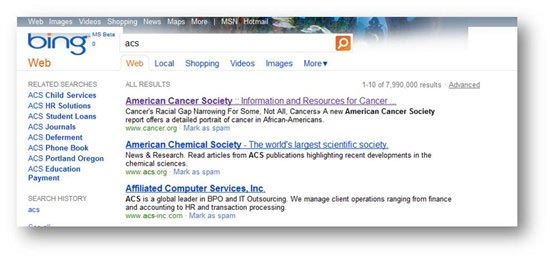Microsoft has a post up on its adCenter Blog called, “Yahoo! and Microsoft Search Alliance State of the Union“. The post provides some insight into how the marriage between the two search engines is going so far.
Interestingly, the data isn’t actually coming from Microsoft itself, but from a presentation at Search Engine Strategies NY from Nirah Shah of Marin Software.
Some numbers Microsoft’s Paul Greenwood passed on include:
– 60k+ search accounts moved
– 26k+ billing options
– 11k+ optimization/creative tasks completed
– 7,650+ hours of training
– The marketplace stabilized over the first 90 days
I’m not entirely sure what to make of these numbers, as not much context was given, but there they are, as presented by Microsoft.
“The data showed that from August 2010 to December 2010 Search Market Query Share for Bing rose 7.25%,” Greenwood writes. “During this same period Google gained .61%. Impressions for adCenter advertisers was up 4%, clicks up 2%, and costs roughly flat. CPC was consistently below Google.”
A report released last month by Experian Hitwise found that Bing and Yahoo are indeed chipping away at Google’s lead in the search market. The combined market share of the two companies increased by 3.79% month-over-month, according to that data.
Bing and Yahoo’s share accounted for 28.48%, up from 27.44% in January. Google’s market share slipped from 67.95% to 66.69%, decreasing by 1.85%.

“Yahoo! Search and Bing achieved the highest success rates in February 2011,” Experian Hitwise said in a statement. “This means that for both search engines, more than 81 percent of searches executed resulted in a visit to a Website. Google achieved a success rate of 66 percent.”
Last week, Compete reported that Bing/Yahoo’s market share increased to 30.8%.
 Bing says it’s share of the market has actually grown every month since it launched. “It isn’t necessarily a zero-sum game,” Bing Director Stefan Weitz told WebProNews in an interview at SXSW. “Like for us to win, somebody else doesn’t have to lose. And vice versa.”
Bing says it’s share of the market has actually grown every month since it launched. “It isn’t necessarily a zero-sum game,” Bing Director Stefan Weitz told WebProNews in an interview at SXSW. “Like for us to win, somebody else doesn’t have to lose. And vice versa.”
“The whole point of what we’re doing now with search – with social search and with the personalized search and with all these verticals – deals, and all the things we’re introducing – mobile – is that we can actually expand the pie for everybody,” said Weitz. “And in areas where we can expand that pie, and we do a better job than our competitors – I think we’ll probably take more of that share. It isn’t something where we have to say, ‘We go up and someone else has to go down’. I think that’s the wrong way to think about this whole search space – especially given all the…dynamics of search that happen today.”
Even still, I think both Google and Microsoft would be quite happy to see one another go down. Microsoft is part of the FairSearch Coalition, aimed at getting Google’s acquisition of ITA Software blocked. The two companies’ competition extends far beyond search as well.

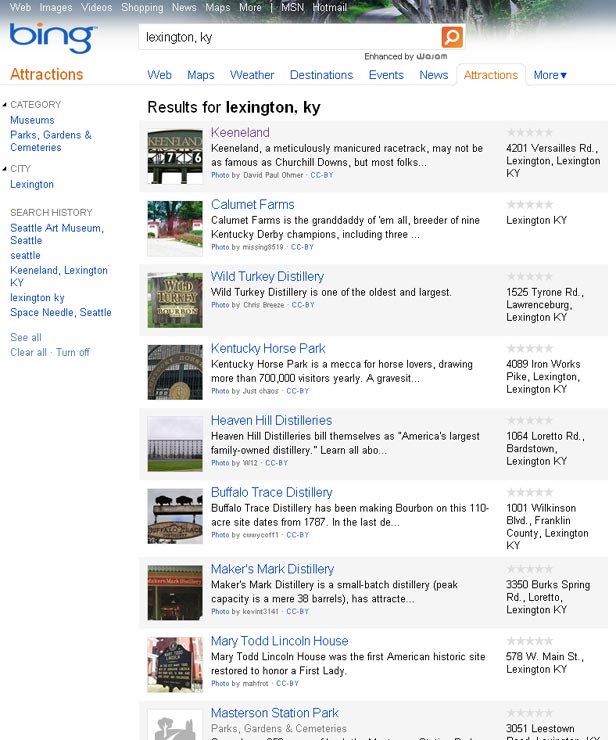
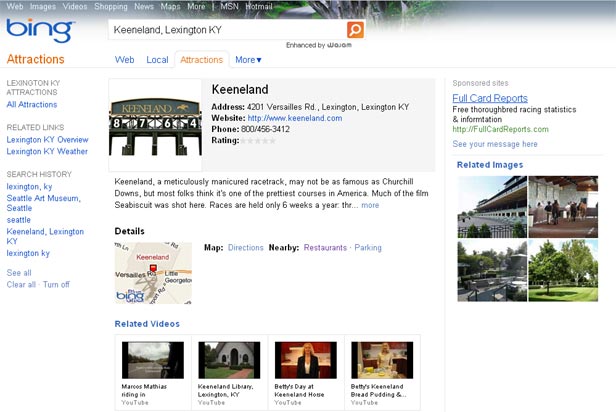
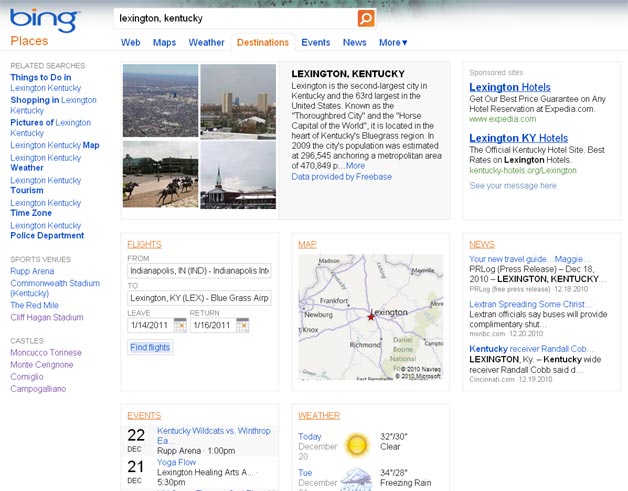



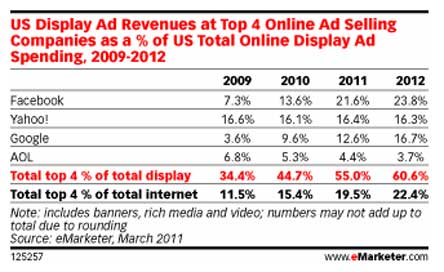
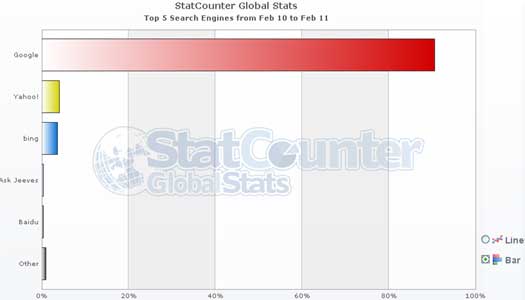

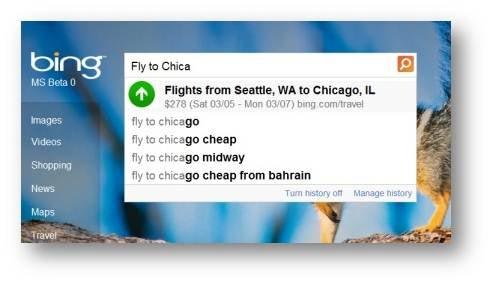
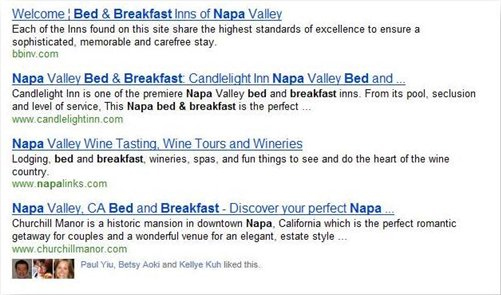




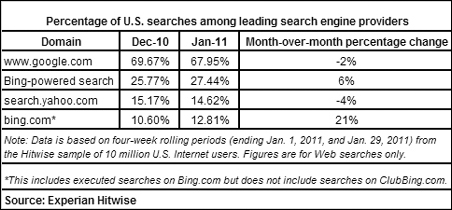
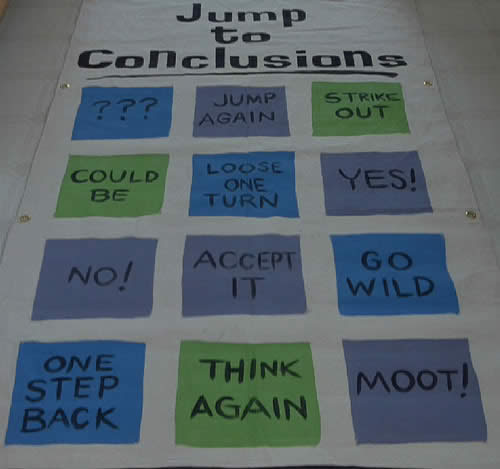
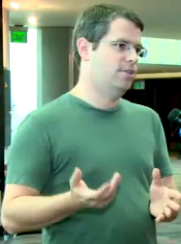 And now, the Googler Supreme, Matt Cutts, has thrown his two cents into the fray. Needless to say, he didn’t agree with Hitwise’s “conclusion” either.
And now, the Googler Supreme, Matt Cutts, has thrown his two cents into the fray. Needless to say, he didn’t agree with Hitwise’s “conclusion” either. 
